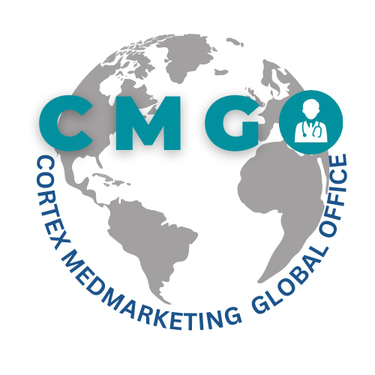How AI is Revolutionizing Medical Marketing in 2025
10/27/20252 min read


The Integration of AI in Medical Marketing
As we advance into 2025, the healthcare industry is experiencing a significant transformation driven by artificial intelligence (AI). AI marketing has emerged as a critical component in helping clinics connect with patients more effectively. By leveraging AI tools, healthcare providers can streamline their marketing strategies and enhance patient engagement and satisfaction.
AI-Driven Innovations in Patient Communication
One of the most notable shifts in medical advertising is the utilization of AI-driven chatbots. These digital assistants are programmed to provide 24/7 support, responding to patient inquiries and providing information about services and care options. By automating these interactions, clinics can offer timely responses, thereby improving the patient experience.
Furthermore, chatbots are capable of personalizing communication based on patient data, enhancing the relevance of messages. This level of personalization not only strengthens patient relationships but also aligns with the broader trend of digital transformation in healthcare.
Optimizing Marketing Strategies with AI Tools
Beyond communication, AI plays a vital role in optimizing medical marketing efforts. Automated ad optimization tools analyze patient behavior and preferences to determine the most effective messaging and platforms for outreach. This data-driven approach ensures that marketing budgets are allocated efficiently, maximizing return on investment.
In addition to optimizing ads, healthcare providers can utilize predictive analytics to anticipate patient needs and tailor marketing campaigns accordingly. This capability fosters proactive rather than reactive marketing, ultimately leading to improved patient acquisition and retention.
Ethical Considerations in AI Marketing
While the advantages of using AI tools in marketing are evident, it is crucial that healthcare providers implement these technologies ethically. Transparency in data usage and maintaining patient confidentiality should be paramount. Patients must feel secure that their information is being handled responsibly.
Moreover, it's essential to ensure that AI does not replace human interaction in healthcare. While tools like chatbots enhance communication, they should complement, rather than substitute, personalized care provided by medical professionals.
Conclusion
The landscape of medical marketing is undeniably changing due to the influence of AI. From chatbots that provide instant support to automated systems that optimize advertising strategies, AI is setting the stage for a more efficient and patient-focused marketing environment. As we move forward, healthcare providers must leverage these innovations ethically and responsibly, ensuring that they communicate effectively with patients while upholding the standards of care that the industry demands.
